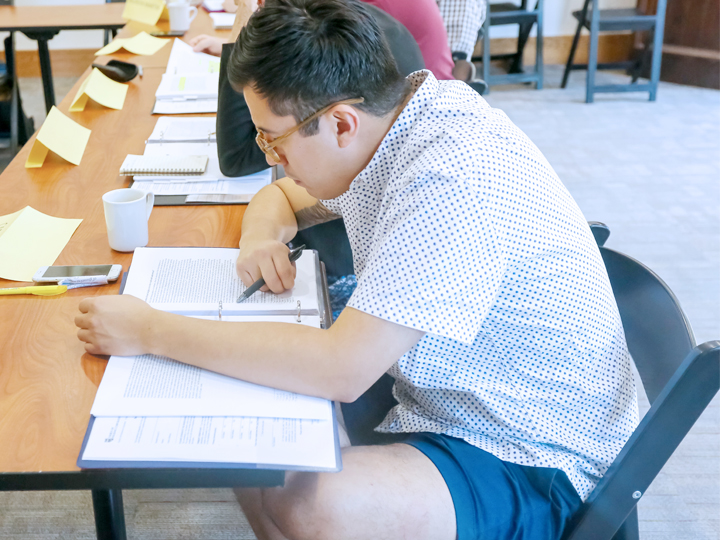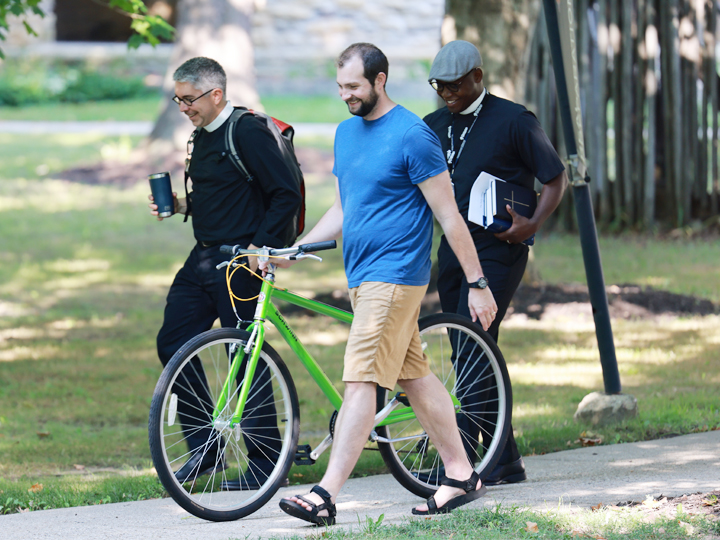
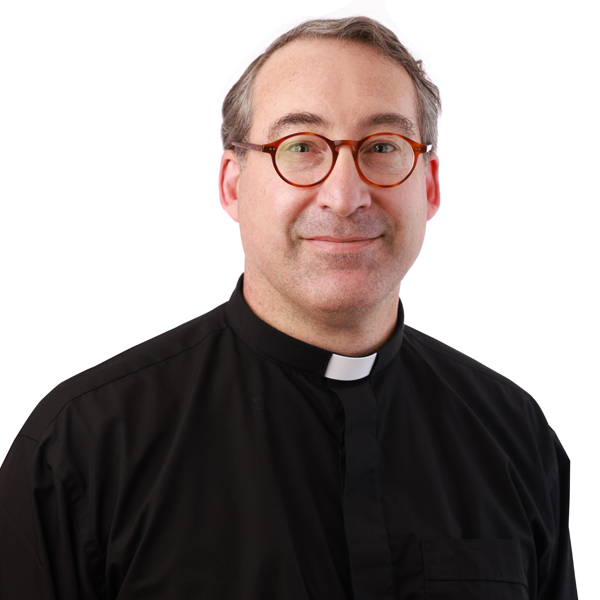
AT710
Course Dates: May 23 – August 26
Residential Week: June 13-17
Mode: In-person
Tuition: $1500 (Credit) / Not available for Audit.
In this experiential course, students will hike a portion of Wisconsin’s Ice Age Trail using ultralight backpacking and its ideology of “less is more” as a heuristic to develop a spirituality of minimalism. In addition to readings on minimalism, this course will examine selected works of apophatic theology to allow students to develop their own spirituality of minimalism by identifying what distances them from God and from others and help them develop productive and healthy ways of reconnecting.
Applications submitted after May 2 will be charged a $75 fee
APPLY NOW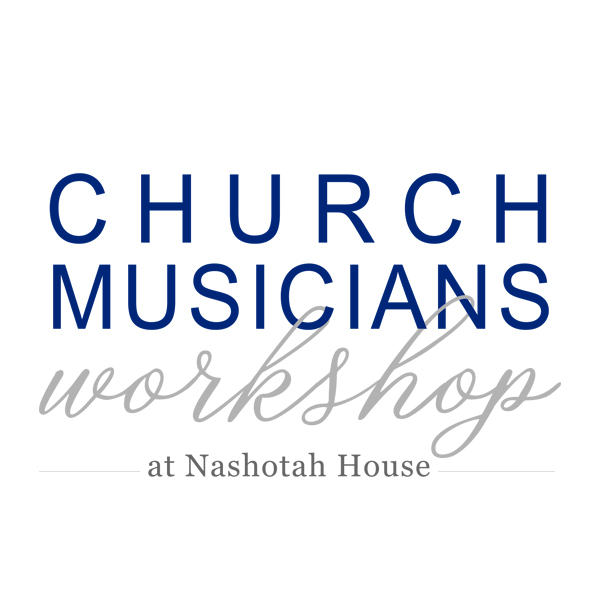
CONFERENCE
Conference Dates: June 12-17
Mode: In-person
Registration Fee: $750
CMW is an opportunity for church musicians, composers, conductors, clergy, and lay leaders to retreat from the weekly rigors of preparing for and directing worship in their usual contexts to enjoy the historic, wooded grounds of Nashotah House and the company of one another. Join us for an intensive five-day residential program that combines the liturgical experience of Nashotah House with the expertise of renowned veteran church musicians and scholars to create a vehicle for professional development and personal enrichment that is unlike any other.
MORE INFO & REGISTER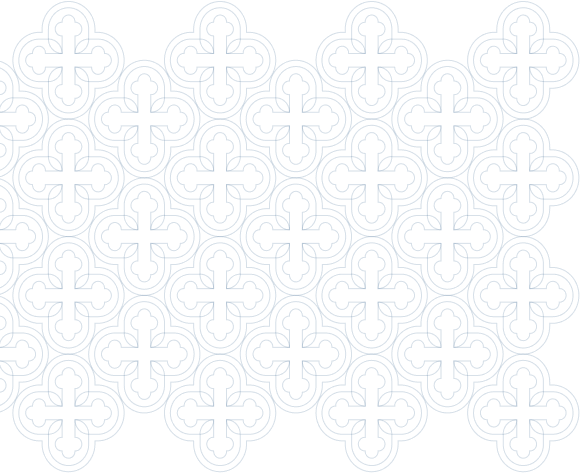
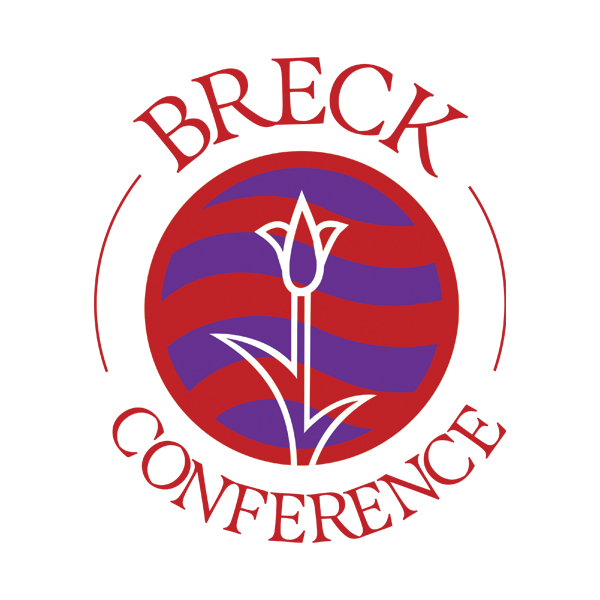
CONFERENCE
Conference Dates: June 22-24
Mode: In-person
Registration Fee: $175
Pre-Conference Fee: $100
The sixteenth-century Church of England was greatly influenced by late medieval English monastic spirituality. John Bede Pauley and Bede Thomas Mudge have both shown the monastic influence, especially from the Benedictines, on the Book of Common Prayer, and scholars such as Eamon Duffy have demonstrated the continuity between late medieval devotional practices and early Anglican piety. The use of the vernacular and an emphasis on the suffering Jesus, for example, are late medieval themes that recur in early Anglican faith and practice. The 2022 Breck Conference seeks to explicate how late medieval English monastic spirituality was resourced by early Anglican Christians in both their personal devotional life and in parish practice. The pre-conference explores the Conference theme and implications in greater detail. The pre-conference will not be offered for credit or audit.
MORE INFO & REGISTER
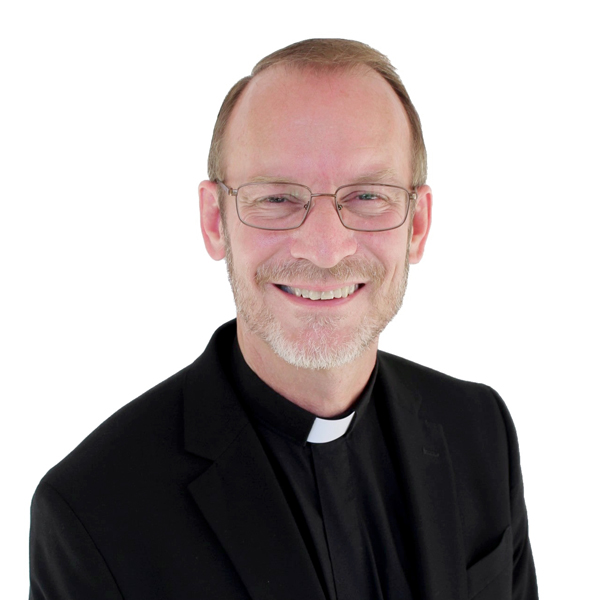
AT 711/AT 811
Course Dates: May 23 – August 26
Residential Week: July 11-15
Mode: In-person
Tuition: $1500 (Credit) / $500 (Audit)
This course will explore the historical role of the priesthood and its connection to the cura animarum (pastoral care) throughout Christian history by examining the writings of Gregory the Great (The Pastoral Rule), Bernard of Clairvaux (On Consideration), and a selection of late medieval pastoral manuals and modern Anglican authors (such as George Herbert’s The Country Parson and Richard Baxter’s The Reformed Pastor). The course content will show how the spirituality of a pastor is intimately connected to his/her pastoral work, giving serious consideration to current application of the historical texts.
Applications submitted after May 2 will be charged a $75 fee
APPLY NOW
MT 703/MT 803
Course Dates: May 23 – August 26
Residential Week: July 11-15
Mode: In-person or remote
Tuition: $1500 (Credit) / $500 (Audit)
This course seeks to trace the historical trajectory of the development of Christian “political theology” and bring this tradition into dialogue with the challenges of church/state relationships today. We will begin by considering classical Christian texts addressing the relationship between the church and the polis. We will then consider a variety of solutions, both historical and contemporary, to the new challenges in the relationship between the church and the state following the Reformation and the rise of the modern nation state. Special attention will be paid to the historical development of political theology in the Anglican tradition. The course will conclude by considering the new challenges posed by the various secularisms of the contemporary political order, the role of Christians as citizens in late-modern democracies, and the potential for the development of political discourse beyond traditional state-centered politics.
Applications submitted after May 2 will be charged a $75 fee
APPLY NOW

BI 703/BI 803
Course Dates: May 23 – August 26
Residential Week: July 18-22
Mode: In-person or Remote
Tuition: $1500 (Credit) / $500 (Audit)
In this biblical-historical elective course, students will learn about St. Ignatius of Antioch through the study of his seven-letter corpus, with a special focus on Romans and Ephesians. (These are not to be confused with St. Paul’s letters to the same churches!) How do these letters relate to the writings of the New Testament, especially Paul’s letters and the Gospel of John? How do their various themes – particularly the development of a high Christology and episcopal ecclesiology – “continue” the story of the New Testament churches, even as they carry it forward a chapter? What resources for the preacher, pastor, and disciple do these letters provide, particularly in their reflections on Christian martyrdom? Attending to these three central topics will provide the foundation for further reflection on one of early Christianity’s most challenging and compelling figures.
Applications submitted after May 2 will be charged a $75 fee
APPLY NOW
*Waiting list only*
HT 721/HT 821
Course Dates: May 23 – August 26
Residential Week: July 18-22
Mode: In-person
Tuition: $1500 (Credit) / $500 (Audit)
Christian Platonism has come to be viewed with suspicion in the modern period: its body-soul dualism, otherworldliness, and rejection of the goodness of matter have placed the Platonic tradition under a cloud of suspicion. Recently, however, a variety of philosophical and theological scholars have reappraised the tradition of Christian Platonism for its realist, anti-materialist and anti-skeptical potential. This course is the first of two reading courses on Christian Platonism and embarks on a sustained reading of the history of Christian Platonism. These readings focus particularly on how Christian Platonists have understood created things to participate in uncreated truth, goodness, and beauty.
Applications submitted after May 2 will be charged a $75 fee
APPLY FOR WAITING LIST
CM501H
Course Dates: June 13 – July 22
Residential Week: July 18-22
Mode: In-person
Tuition: $1500 (Credit) / $500 (Audit)
This course introduces basic musical skills necessary for liturgical direction and officiating. Each student is expected to become proficient in reading music, chanting, pointing collects and lessons, and an appropriate level of keyboard ability. The course also explores the history and development of Christian church music from the early church to the present. Students will be provided the framework for examining plainsong, Anglican chant, psalmody, and hymnody.
Applications submitted after May 2 will be charged a $75 fee
APPLY NOW

HT 710/HT 810
Course Dates: May 23 – August 26
Residential Week: July 25-29
Mode: In-person
Tuition: $1500 (Credit) / $500 (Audit)
This course will offer an introduction to the main themes of Augustine’s thought: his account of Christ, of the Trinity, of grace, of the church, and of war, peace, and community. Focus will be on exploring these themes in Augustine’s sermons (though there will be one or two letters and an occasional passage from other works). This course’s goal is to help you both think about the interrelationship of the various parts of Augustine’s thought and to explore how he thought Christian doctrine should be preached. This course will thoroughly explore what it means to teach and preach Christian belief: What sort of understanding is to be encouraged? How and where is an appreciation for divine mystery to be conveyed? What should and should not be taught?
Applications submitted after May 2 will be charged a $75 fee
APPLY NOW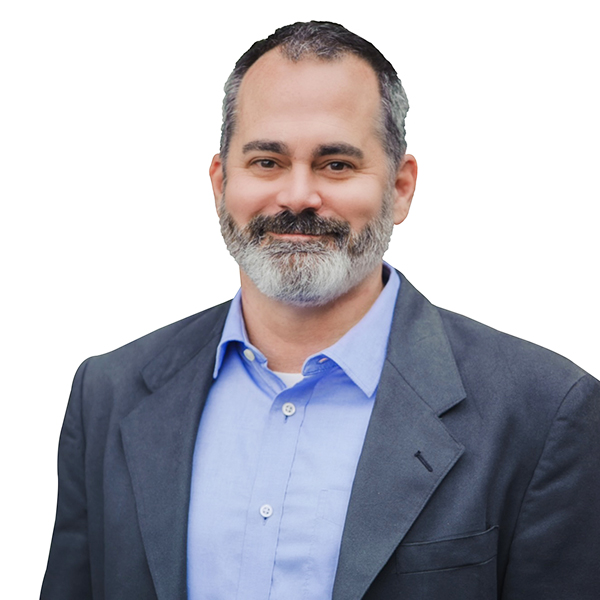
MS 710/MS 810
Course Dates: May 23 – August 26
Residential Week: July 25-29
Mode: In-person or Remote
Tuition: $1500 (Credit) / $500 (Audit)
Students will examine and engage the most frequently raised objections to the Christian faith by unchurched and de-churched people. Through this course students will develop skills necessary to evaluate different belief systems and defend the Christian faith. Each student will have an opportunity to develop and sharpen an apologetic methodology and apply it to the task of defending, proving, and proclaiming the gospel. Attention is given to the differences between Christian thought and select examples of non-Christian thought. It will explore some of the assorted challenges to Christian belief and provide a survey of resources for meeting those concerns.
Applications submitted after May 2 will be charged a $75 fee
APPLY NOW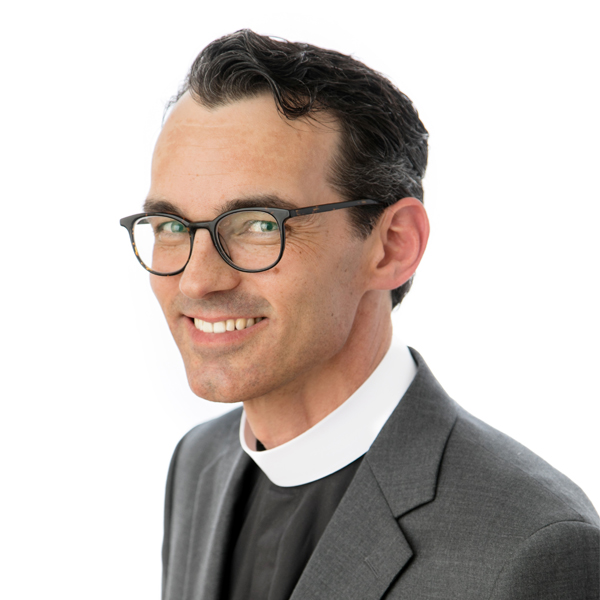
OT 511H
Course Dates: July 18 – August 26
Residential Week: July 25-29
Mode: In-person
Tuition: $1500 (Credit) / $500 (Audit)
Old Testament 1 is the first part of a two-term sequence that introduces students to the Old Testament as Christian Scripture for the ministry and mission of the church today. The course covers the Pentateuch and historical books and focuses on interpreting narrative and legal literature. Students will learn the historical background, literary shape, and theological message of each biblical book. At the end of the course, students should have a new appreciation for the Old Testament as the indispensable beginning of the salvation story that culminates with Jesus Christ.
Applications submitted after May 2 will be charged a $75 fee
APPLY NOW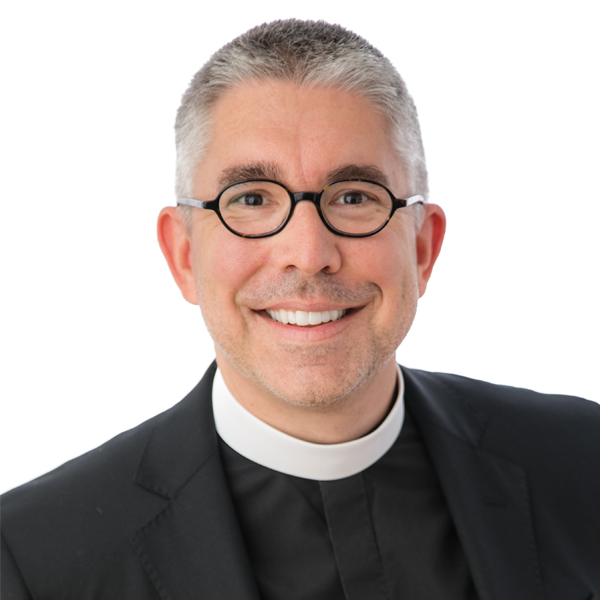
LT 601H
Course Dates: July 18 – August 26
Residential Week: July 25-29
Mode: In-person
Tuition: $1500 (Credit) / $500 (Audit)
The goal of this course is to prepare those intending to serve as priests in the Anglican tradition in all aspects of liturgical priestcraft. Focus is given to the principles that undergird Western ceremonial and how that has been applied to Anglican liturgies, along with vestments, the furnishings of a church, the liturgical calendar, and lectionaries. Considerable attention is given to the celebration of the Mass in all its possible varieties (sung and spoken, ad orientem and versus populum, traditional and contemporary language), as well as Christian initiation (baptism and confirmation), Holy Matrimony, Christian Burial, and the special liturgies of the liturgical year.
Applications submitted after May 2 will be charged a $75 fee
APPLY NOW
ST 501H
Course Dates: July 18 – August 26
Residential Week: July 25-29
Mode: In-person
Tuition: $1500 (Credit) / $500 (Audit)
The first in a two-course sequence of Christian doctrine from the Anglican perspective covering Divine Revelation, Scripture, Tradition, Reason, Faith, Creation, Original Sin, the Trinity, Christology, and Pneumatology. This course will examine the major Christian doctrines from their biblical foundations through their historical developments to their modern expressions. Particular attention will be given to how Anglicans have understood and received these doctrines and their importance in the life of the church.
Applications submitted after May 2 will be charged a $75 fee
APPLY NOW
HOUSING & MEALS
After that time, you may check with Facilities Manager, Kelly Medina at kmedina@nashotah.edu, to see if any housing units are available. We also have relationships with several local hotels, where we will reserve a block of rooms at a discounted rate.
REFUNDS
Full refunds for summer term tuition fees will not be given after May 16, and full refunds for housing and refectory fees will not be given after two (2) weeks prior to arrival on campus. If you have questions about fees related to your course, please contact the bursar at bursar@nashotah.edu
OTHER INQUIRIES
If you have any questions about the Visiting Student application or the summer term courses, please contact the admissions team at admissions@nashotah.edu.
CURRENT STUDENTS
Current students should register for summer courses in Populi.
FAQs
For additional information, refer to these FAQs.
